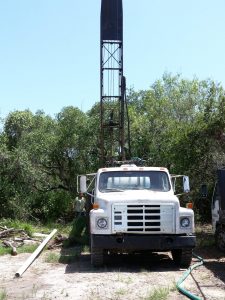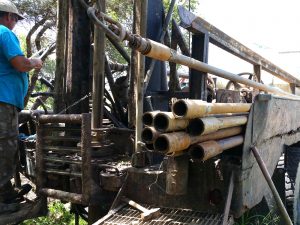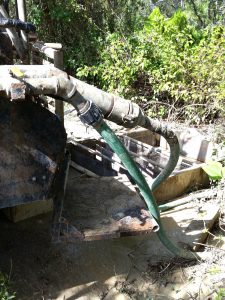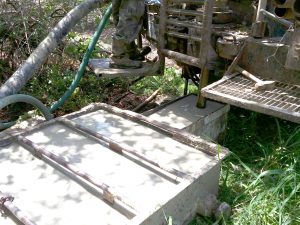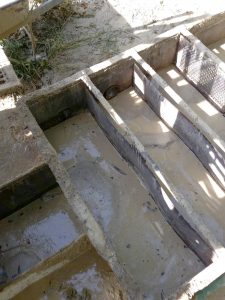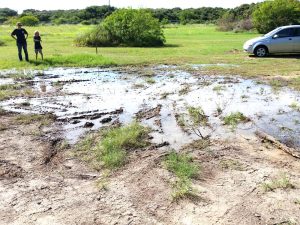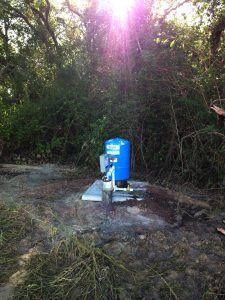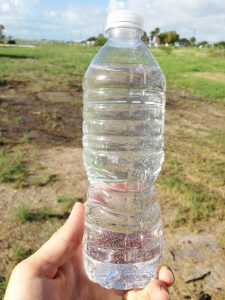
The Well Man
I have heard of New York time, Central Standard time, and beach time. Where we live there is such a thing as local time. Locals have a love-hate relationship with what is referred to as “our city’s name-ian” time. This is a small mom and pop county of 20K people. There is no rush hour traffic, no rush to beat peak hours at the one and only grocery store, and there is surely no rush to get work done. In fact, the only rush experienced is by the summer and weekend tourists trying to accomplish vacation goals on their limited time frame. These are the people that speed through town, clog up the shopping stores, and complain about the general lazy manner of the locals. This city takes the coastal image of relaxation seriously.
And oh how FRUSTRATING that relaxed mentality can be when relying on others to complete a job. The well man was referred to us by residents in new neighborhoods, long time residents in old established communities, and county officials. Wow, this company must be the best of the best! We should have a well within a few weeks. Yeah, umm, no. After scheduling around “city” time, holidays, and backlogged work, the well man finally showed up with his crew of two.
Having grown up with a well, understanding the workings is not a new experience. A well is dug based upon reliable factors such as aquifer boundaries, water tables, and tidal plains. After attempting to get a better understanding of our geological structure and having no results, our well was dug based on the experience of our driller.
Having the crew show up in a truck leftover from a Mad Max movie gave me a few reserves. This skill is pre-historic in terms of revolutionary. The only advancement in the last 60 years is that the drill is now mechanically powered.
Drill a hole, wash the dirt out, drill a hole, wash the dirt out. This process is slow, messy, and water wasteful. How many times the process must be done is dependent upon the dirt itself and the depth of the hole.
Here at Boxes In Fields water will be conserved in dry environment by installing items like low-flow toilets, shower heads, and faucets. Gray water will be used to water plants and every building will have a rain collection barrel. The creation of a well requires lots of water. Being city water is unattainable (more about that in another post), a well must be dug. In doing this, thousands of gallons of water were dumped into the yard. What a concept, water to create water.
After three days, 145 feet later, the well was completed. And golly, what beautiful water it is. Unfortunately, beautiful was the only positive descriptive available for our well water. What is the saying; Never judge a book by its cover, Looks can be deceiving, or Don’t knock it until you try it?
Too bad none of those things applied here. What can be applied is: If it is too good to true, then it isn’t true. Or how about Don’t count the eggs before they hatch. Or in this case “Water, water, everywhere, nor any drop to drink”. In short, what we have is pure-D, grade-A salt water. UGH. UGH. UGH. EXPLICIT! EXPLICIT! EXPLICIT!
